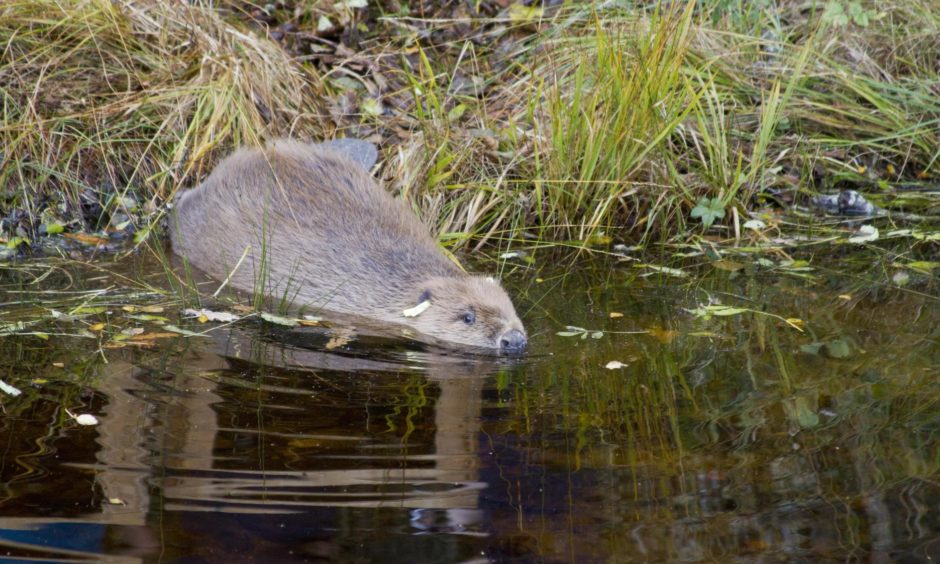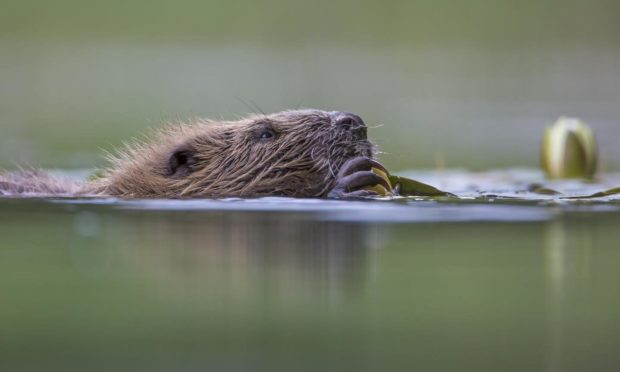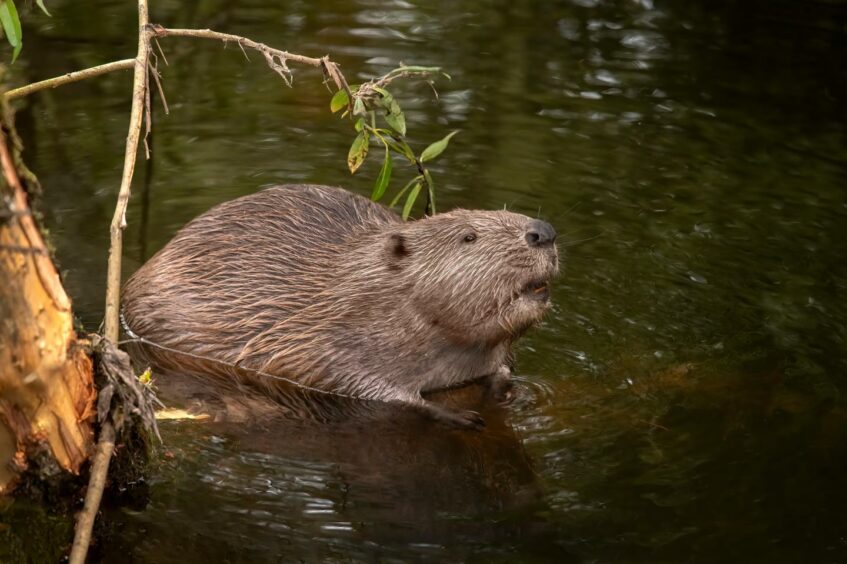The Cairngorms National Park Authority (CNPA) has committed to taking a lead in bringing Eurasian beavers to the park.
The breed carries a European Protected Species status and the Scottish Government is supporting translocations as a measure to establish them outside of their current range.
Because of this, the CNPA has now been considering its role bringing them to a suitable location of the park.
A range of options were outlined in today’s board meeting in terms of facilitating the Scottish Government policy to actively expand the beaver population in the country.
Members were asked to consider how much involvement the CNPA should adopt regarding any potential project going forward.
The board decided on a proactive approach, wishing to take on a lead role in the process, including managing the application, delivery, mitigation support and monitoring, working alongside a range of partners.

CNPA’s head of conservation, Sarah Henshall, said: “As an organisation we are well positioned to take a leadership role and have in place the Cairngorms beaver group to provide input to this project.
“A reintroduction of a species to the park is exactly the sort of issue the CNPA was created to lead on.
“We have an opportunity to deliver an exemplar approach here, bringing together organisations and individuals and joining up the conservation, land management, community, research and business interests.”
The CNPA’s approach will be in collaboration with land managers and owners, as well as communities to learn and prepare for living with beavers.
By the end of June, NatureScot will will identify two or three priority strategic areas for beaver expansion in Scotland.
‘Cairngorms more than suitable for beavers’
Today’s meeting follows an April publication of a CNPA commissioned study into the likelihood of the Cairngorms National Park being naturally colonised by Eurasian beaver and the potential benefits and implications.
It showed that the presence of physical barriers in these locations in the form of dams, hydro schemes and challenging terrain make it unlikely that beavers will make their way to the National Park naturally, at least in the short term.
The study also found that %30 of watercourses in the National Park would be suitable for Eurasian beavers and the most appropriate habitat for beavers was the network of lochans and wetland environments in the Spey catchment.
Xander McDade, CNPA board convener, said: “I fully support the recommended approach in terms of the park authority’s role in bringing beavers to the Cairngorms National Park.
“Beavers can bring wide ranging benefits to biodiversity and can play an important ecological role in terms of flood mitigation and habitat restoration, whilst also recognising the need for careful management of the species to mitigate impacts on other land uses and species.
“I think there is a real benefit to taking a leading role, allowing us to dictate the timings for translocations and the pace at which the process is rolled out, ensuring that the consultation is done properly with a whole catchment approach.”

